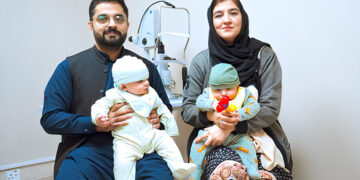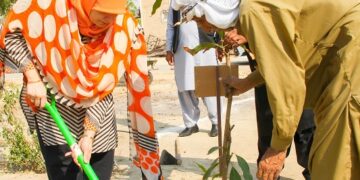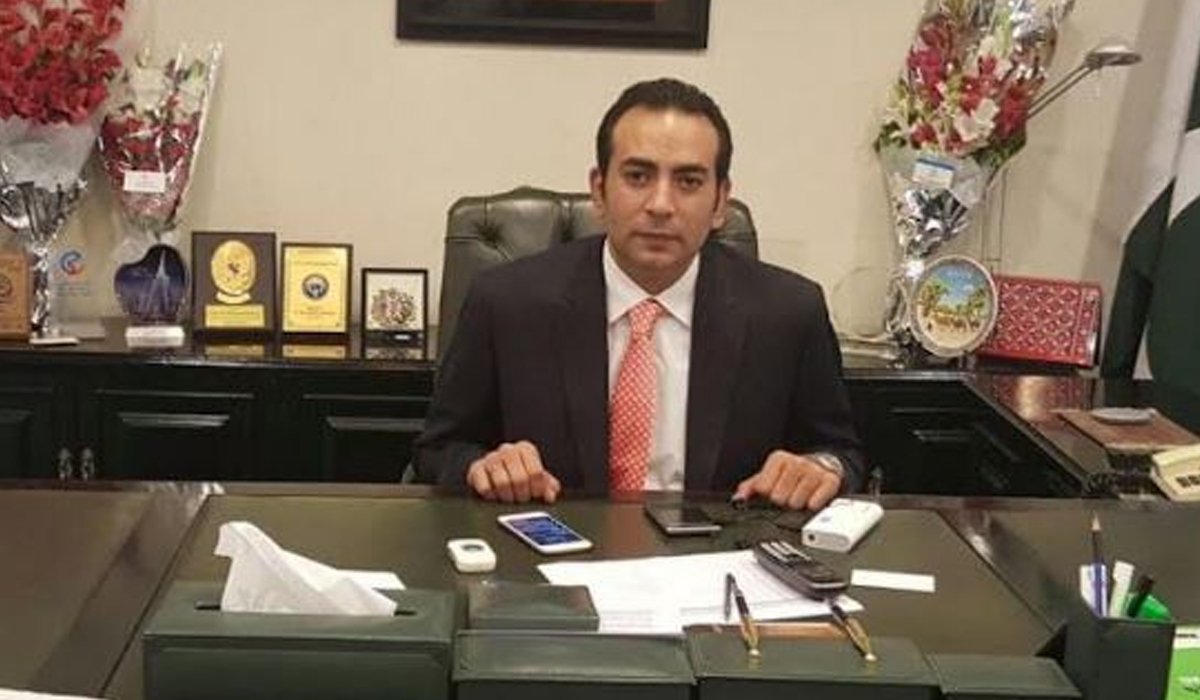KARACHI, July 17th, 2025 – Today, the Aga Khan Foundation (AKF), in partnership with Bank Alfalah Limited, celebrated the successful completion of flood recovery project spanning over 2 years with a dissemination and closing ceremony in Karachi. The event was attended by dignitaries from the banking and corporate sector, government, private sector and civil society, sharing the successes and lessons learned of the partnership that benefited communities in two districts of Sindh, two districts in KP and nine districts in Gilgit Baltistan.
Funded by Bank Alfalah project ‘Increasing Resilience and Helping People Recover’, was implemented in 2023 across Gilgit Baltistan, KP and Sindh focused on restoring agricultural livelihoods, improving access to healthcare and clean drinking water, sanitation, and hygiene (WASH) conditions. The project achieved remarkable success, with all planned outputs completed and several targets exceeded.
‘Pakistan is amongst the countries most adversely impacted by climate change, and the floods in 2022 devastated large parts of the country,” said Mr. Amin Feraasta, Chairman, National Committee of the Aga Khan Foundation. “However, through collaborative efforts, we have made significant strides in recovery and resilience-building. This project, supported by Bank Alfalah and implemented by Aga Khan Rural Support Programme, Aga Khan University, and Aga Khan Agency for Habitat Pakistan, has not only restored livelihoods, worked to improve health outcomes but also built the capacity of communities to better withstand future disasters.”
The President and CEO of Bank Alfalah Limited,Mr. Atif Bajwa emphasised the commitment of Bank to contribute to the development of communities in Pakistan and also in catastrophes like floods, when communities are in dire need of humanitarian assistance. We joined hands with the Aga Khan Foundation and its field partners to design and deliver a response that moved beyond charity— and towards long-term resilience. It combined what AKF does best, deep community engagement and on-ground expertise with what we as a Bank are committed to: using our resources and network to deliver impact that lasts.
In Gilgit-Baltistan and Chitral, the project supported the reclamation of large areas of arable land, benefiting thousands of farming households and contributing to improved food security and livelihoods.
Agricultural input packages were distributed to farmers, enabling them to restore their productivity and strengthen their resilience.
In Sindh, the initiative enhanced access to essential healthcare services for women and children, including maternal care and primary health consultations. The WASH (Water, Sanitation, and Hygiene) interventions significantly improved access to safe drinking water through the installation of filtration and BAFL – Internal
RO plants. Community and school washrooms were constructed to address sanitation needs, positively impacting overall hygiene practices.
In addition, Disaster Risk Reduction (DRR) kits and training sessions were provided to equip communities with the knowledge and tools needed to respond effectively in the face of future emergencies.
Overall, the project reached over 200,000 beneficiaries across target areas, strengthening community resilience, health systems, and livelihoods.



















